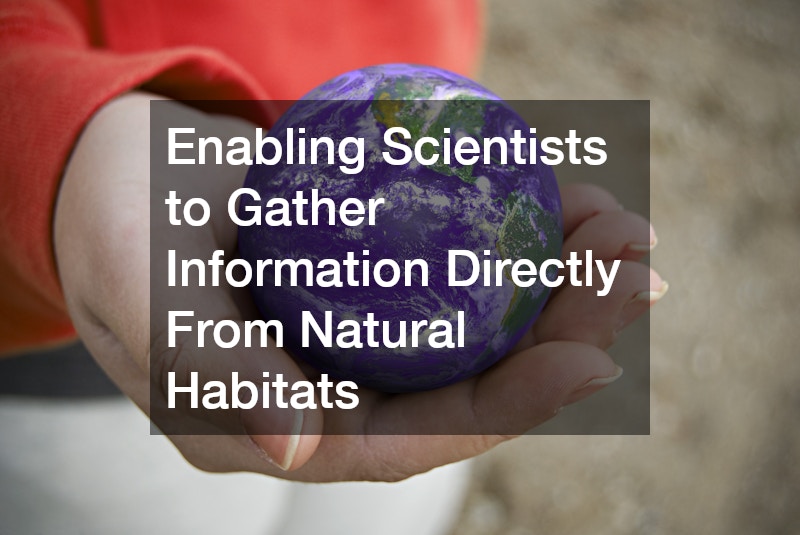Ecotoxicology provides insights into the effects of pollutants on ecosystems, helping to steer effective management strategies and policies. This article addresses key questions on the topic, reflecting common queries from individuals seeking to understand the interface between environmental science and policy-making. By examining how living organisms interact with chemical substances, ecotoxicologists aim to predict ecological consequences. As the threats of pollution continue to mount, understanding the scientific underpinnings of these issues becomes imperative.
What is Ecotoxicology and Why is it Important?
Ecotoxicology is a branch of science focused on studying the toxic effects of chemical substances on living organisms and their environments. It bridges ecology and toxicology, helping to assess how pollutants impact ecosystems and biodiversity.
This field remains crucial in an era where pollution poses significant threats to both natural habitats and human health. Without ecotoxicology, the invisible damages inflicted by chemical pollutants might be overlooked, leading to deteriorations that are costly to reverse. Furthermore, ecotoxicology provides the foundation for scientific assessments that inform environmental legislation and protection efforts, ensuring that ecosystems remain resilient.
The importance of ecotoxicology cannot be overstated, as it is key to understanding how pollutants interact with biological processes. By studying these interactions, ecotoxicologists can determine safe levels of various substances in the environment, helping to minimize harm. Countries worldwide employ ecotoxicological data to develop guidelines and regulations that protect both ecosystems and human populations. For instance, ecotoxicological studies have informed policies that limit pesticide use, preserving insect populations and their invaluable roles in ecosystems. As pollution continues to evolve, so too must our approaches, with ecotoxicology leading the way in adaptive management strategies.
How Does Ecotoxicology Contribute to Understanding Pollution Effects?
Ecotoxicology plays an integral role in identifying the pathways through which pollutants enter ecosystems and affect organisms. By analyzing various exposure scenarios, ecotoxicologists are able to trace the movement and eventual outcomes of toxicants within ecological networks. This involves not only considering the direct effects on exposed organisms but also understanding indirect impacts such as food chain disruptions. In aquatic environments, for example, small concentrations of pollutants can bioaccumulate, posing severe risks to top predators and, eventually, humans. Thus, ecotoxicology provides a comprehensive framework for visualizing pollution’s cascade of effects across ecological systems.
Ecotoxicological research has unraveled complexities regarding how pollutants affect different species, shedding light on both lethal and sublethal consequences. At a cellular level, contaminants may trigger biochemical changes that compromise organisms’ health and reproductive success. Chronic exposure can lead to reduced species populations, altering community structures and ecosystem functions. Additionally, such disturbances can foster conditions for invasive species, further threatening native biodiversity. By illuminating these intricate interactions, ecotoxicology supports efforts to mitigate pollution by pinpointing critical intervention areas.
What Methods are Used in Ecotoxicological Research?
Terrestrial ecotoxicology research employs a variety of methods to analyze the presence and effects of pollutants on ecosystems. Laboratory experiments are commonly conducted to simulate environmental conditions and assess the impact of toxic substances on selected test organisms. These controlled environments allow scientists to study acute and chronic toxicity, as well as sublethal effects. For example, researchers may expose model organisms to pollutants to observe health outcomes, behaviors, or genetic changes. Such studies provide foundational data used to extrapolate potential impacts on wider ecological systems.
Field studies also play a vital role in ecotoxicology, enabling scientists to gather information directly from natural habitats. Through sampling and biomonitoring, researchers can assess pollutant levels, distribution, and biological responses in real-world ecosystems. These observations offer valuable insights into the complexity of interactions between pollutants and environmental variables. Additionally, field studies help validate laboratory findings, strengthening the evidence base for environmental policy development. The combination of lab and field-based research ensures a holistic assessment of pollution’s ecological consequences.

Furthermore, ecotoxicologists increasingly rely on advanced computational models to predict the long-term impacts of pollutants. These models incorporate data from experimental studies to simulate potential scenarios and outcomes at various scales. By forecasting trends, scientists can anticipate the effects of new chemicals and evaluate the efficacy of proposed management strategies. Such predictive tools are invaluable in guiding proactive and adaptive policy measures, safeguarding ecosystems against future challenges. Consequently, the integration of laboratory, field, and modeling methodologies in ecotoxicology ensures comprehensive risk assessments and informed decision-making.
Through various research methods and policy influences, ecotoxicology not only helps in preserving biodiversity but also in safeguarding human health. The field’s investigations into the interactions and effects of pollutants offer crucial insights for developing effective management strategies. As we face future environmental challenges, continuous innovation and interdisciplinary collaboration in the field will be crucial. The ongoing advancement of ecotoxicological research ensures its continued contribution to environmental preservation and sustainability.


